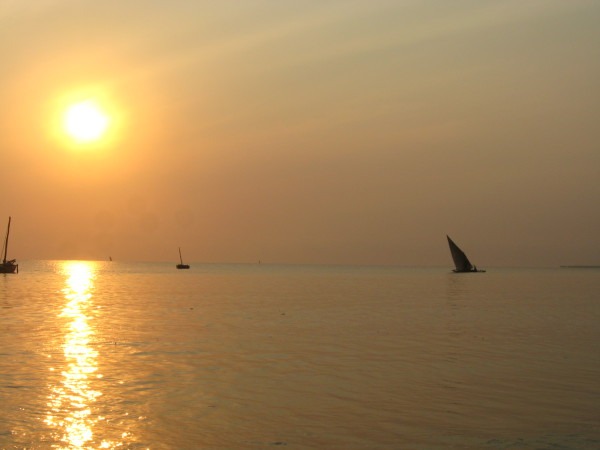Item Link: Access the Resource
File: Download
Date of Publication: July 2015
Year of Publication: 2015
Publisher: Elsevier
Author(s): Nathan James Bennett, Hugh Govan, Terre Satterfield
Journal: Marine Policy
Volume: 57
Pages: 61-68
What does the term ‘ocean grabbing’ actually mean, and how can conservation, management, and development decisions be evaluated accordingly?
ABSTRACT: The term “ocean grabbing” has been used to describe actions, policies or initiatives that deprive small-scale fishers of resources, dispossess vulnerable populations of coastal lands, and/or undermine historical access to areas of the sea. Rights and access to marine resources and spaces are frequently reallocated through government or private sector initiatives to achieve conservation, management or development objectives with a variety of outcomes for different sectors of society. This paper provides a definition and gives examples of reallocations of marine resources or spaces that might constitute “ocean grabbing”. It offers a tentative framework for evaluating whether marine conservation, management or development is ocean grabbing and proposes an agenda for future research. For a reallocation to be considered ocean grabbing, it must: (1) occur by means of inadequate governance, and (2) be implemented using actions that undermine human security and livelihoods, or (3) produce impacts that reduce social–ecological well-being. Future research on ocean grabbing will: document case studies, drivers and consequences; conduct spatial and historical analyses; and investigate solutions. The intent is to stimulate rigorous discussion and promote systematic inquiry into the phenomenon of ocean grabbing.
The views and opinions expressed through the MAHB Website are those of the contributing authors and do not necessarily reflect an official position of the MAHB. The MAHB aims to share a range of perspectives and welcomes the discussions that they prompt.
